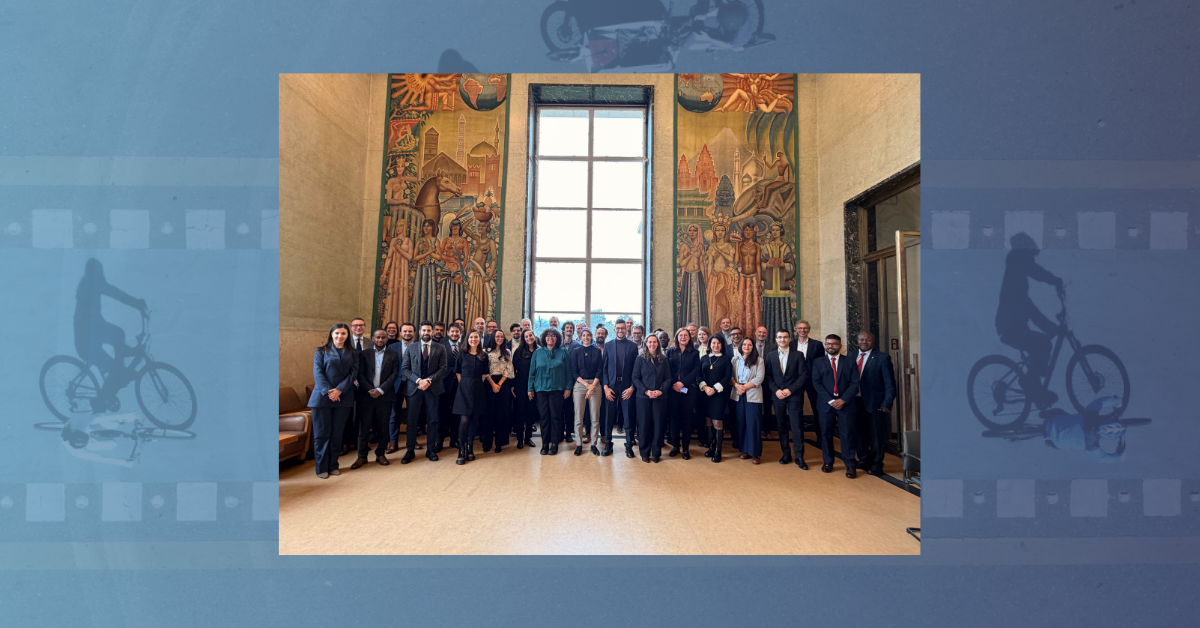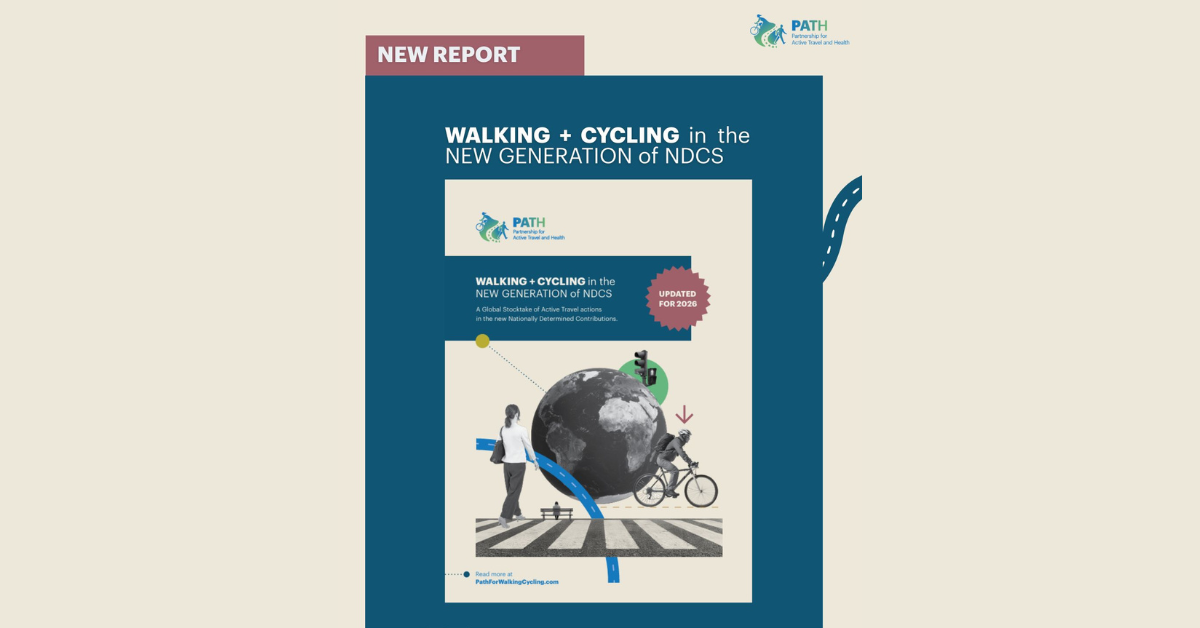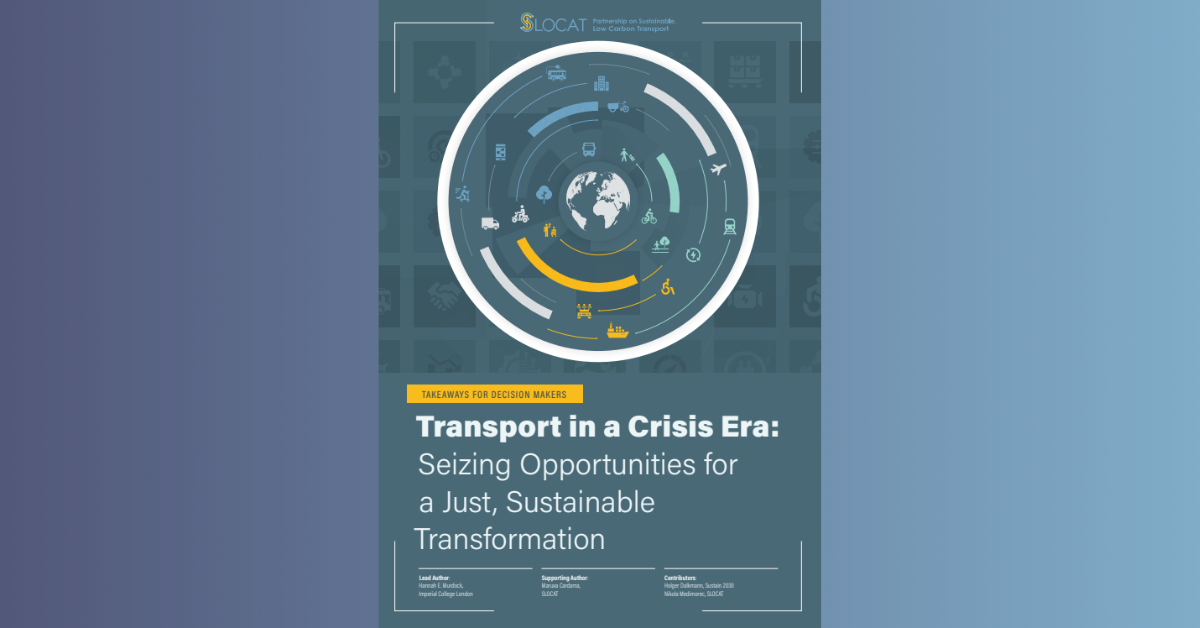-
About Us
-
Our Work & Impact
-
 Insights & Data
Insights & Data
-
 Actions & Change Makers
Actions & Change Makers
-
 Advocacy & Engagement
Advocacy & Engagement
-
 Impact Stories
Impact Stories
-
 Our Strategic Plan
Our Strategic Plan
-
 Our Vision
Our Vision
Our Work & Impact
Our Work
Our Impact
-
-
News & Resources
News & Resources
-
Partners
-
Contact Us
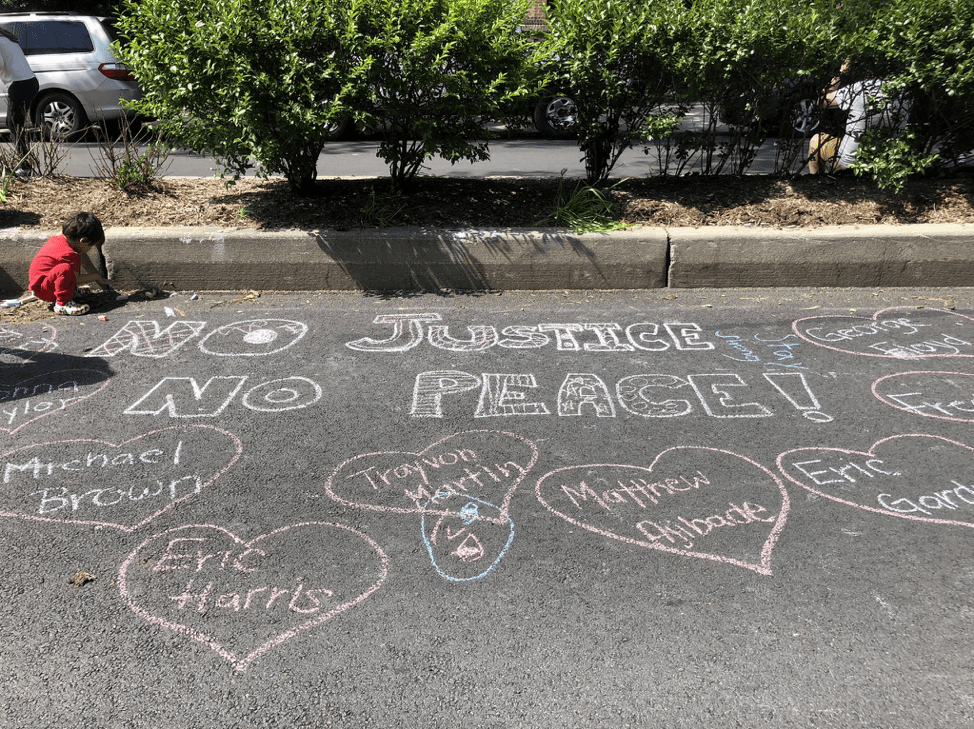
Streets are public space; streets are political spaces
During March and April, New York City was the epicentre of the coronavirus outbreak in the United States. I live in the epicentre of that epicentre, in Queens. In fact, I live a 10 minute walk from Elmhurst Hospital, one of the hardest hit hospitals, where for a while, for weeks on end, it was endless sirens filling up the empty streets all day and all through the sleepless nights. Our streets became chasms of worry, fear, and heartbreak.
by Aimee Gauthier, Chief Knowledge Officer, ITDP
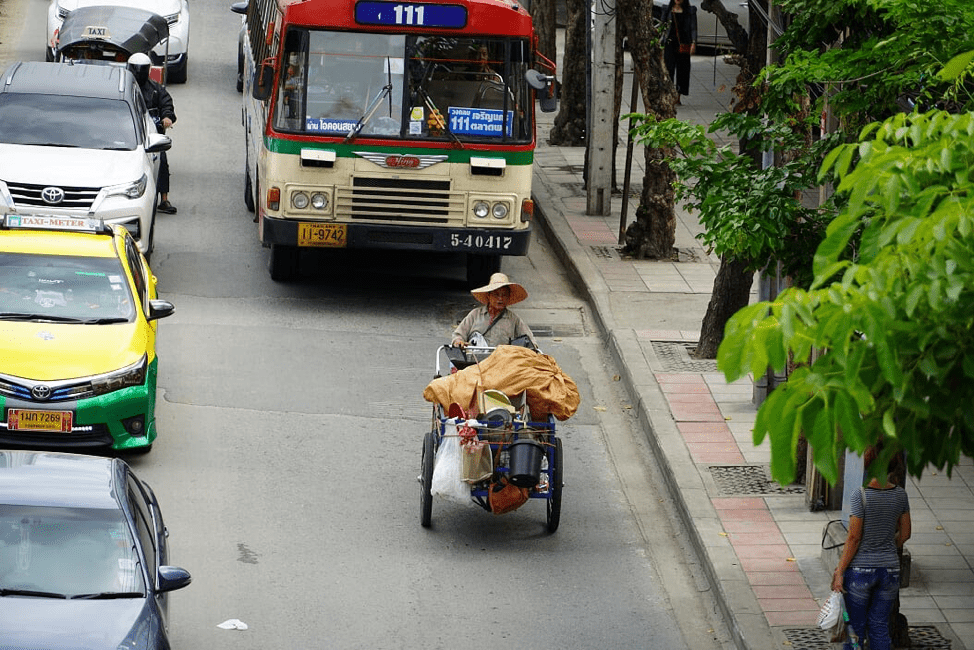
For all of us working on sustainable urbanisation, development and mobility, the COVID-19 pandemic has posed a challenge: How do we continue working on building viable mobility options to ensure that the goals of sustainable and equitable urbanisation are supported and furthered? By nature, cities are spaces of intermingling, assembly and sociability. How will we relate to our cities when we come out of this pandemic? This is the question that many are asking. While we are all dealing with the uncertainty as well as the barrage of information on COVID-19, we are just living one day at a time, precisely because no one can really predict what is actually going to happen over the next months.
by Kalpana Viswanath, Co-Founder and CEO, Safetipin
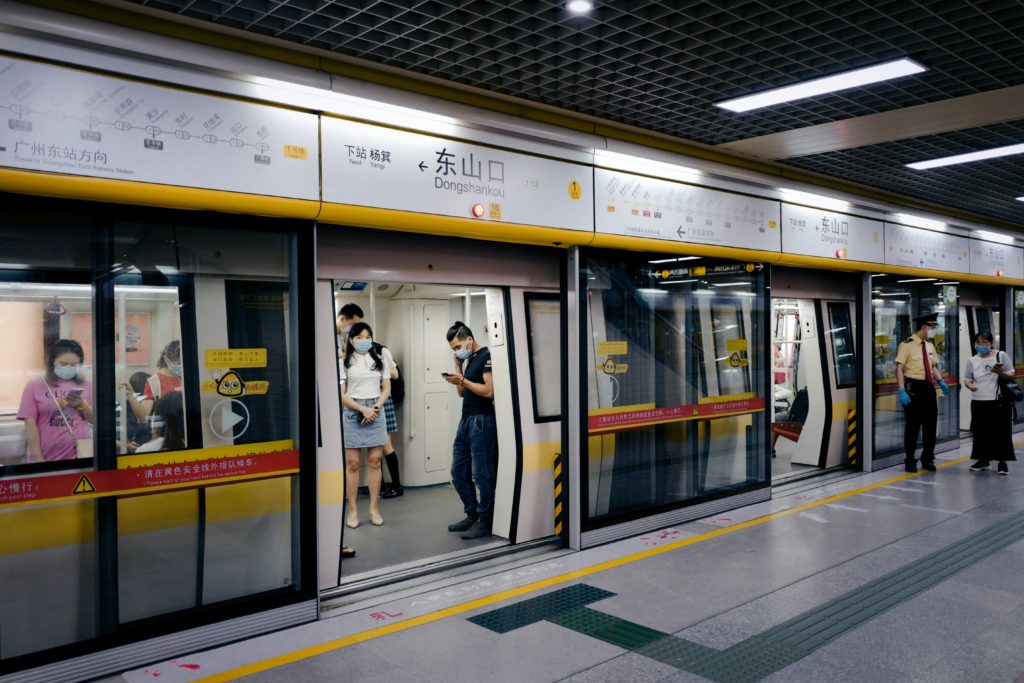
Post-COVID Recovery: Major challenges for public transport
The post-pandemic period will test one of the vital elements of our great cities. Public transport systems are facing unprecedented challenges, which will put their viability at risk.
The city’s existence derives from an economic, social and psychological necessity: the desire and need to live together and share. Still, large scale urban growth has increased distances and complicated opportunities for meaningful coexistence.
by Sergio Avelleda, Director of Urban Mobility, WRI Ross Center for Sustainable Cities
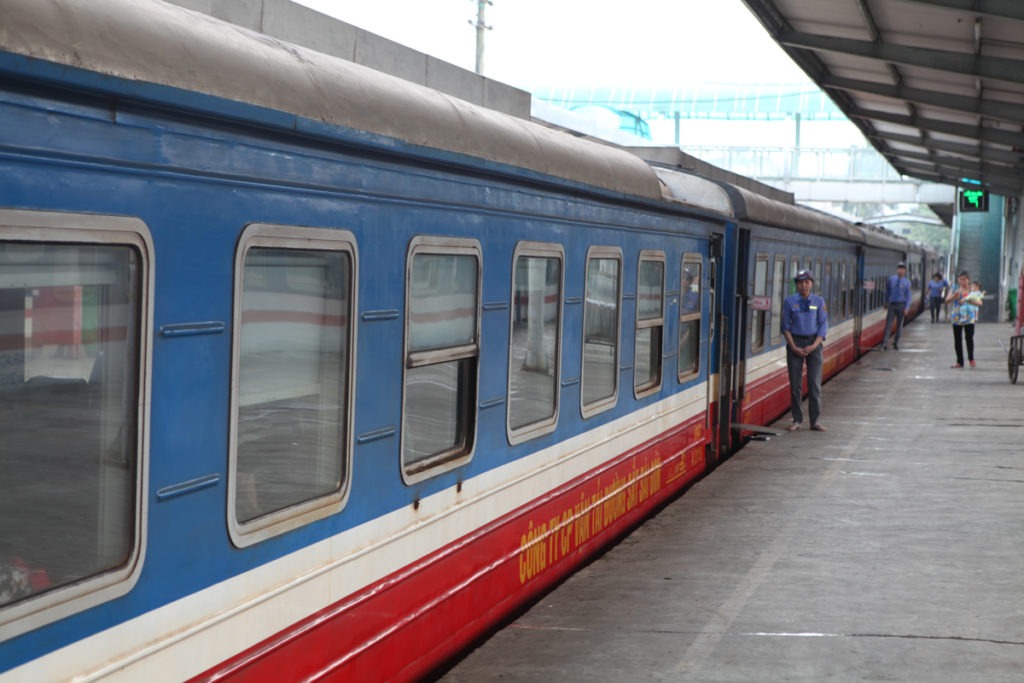
How close collaboration across the transport family can spread best practice and keep mobility chains open
UIC, as the technical platform for railway cooperation at the global level, is the place of exchange for best practice, bringing together many networks of experts.
In the context of COVID-19, the strength of these networks is used to give members and partners the possibility to regularly exchange information on status and about preventive measures and procedures, especially taking into account the fact that railways – along with other means of transport – present a favourable environment for the spread of the disease.
by François Davenne, Director General, UIC
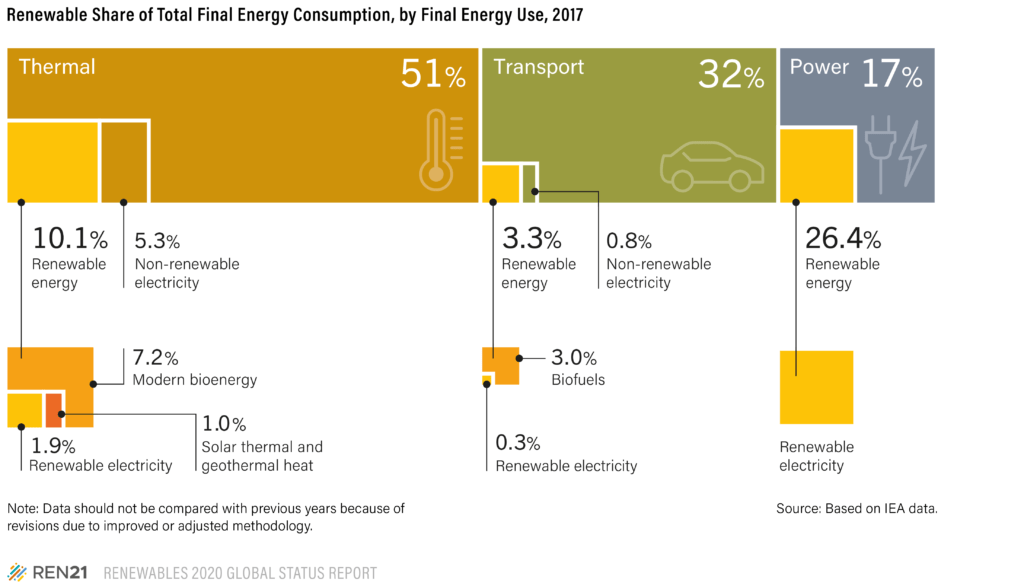
How can the transport sector build back better from the COVID-19 crisis and what is the role of renewable energy in this recovery?
COVID-19 has woken us up. Our economies have completely locked down, and transport has decreased significantly. This has led to reductions in carbon dioxide emissions and air pollution and has given us a glimpse of how life could be if we were able to make the necessary shift to a low-carbon economy. However, the relief is only temporary, and even locking down our economies for a decade would not allow us to reach goals set in the Paris Agreement.
by Rana Adib, Executive Director, REN21
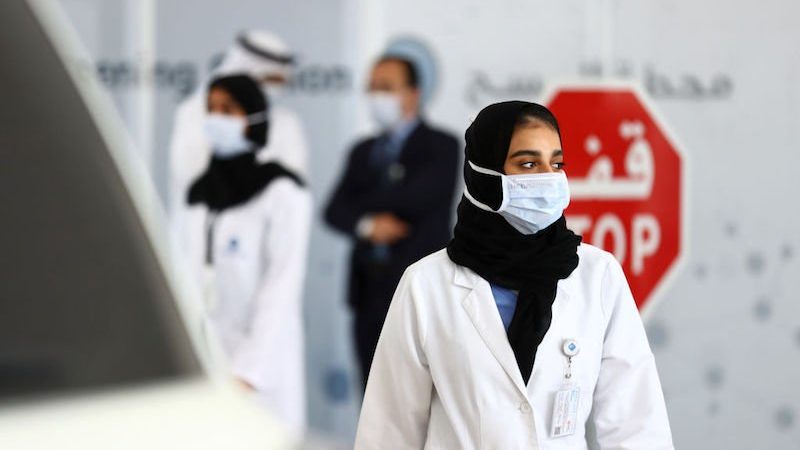
IsDB announces US$2.3 billion strategic preparedness response for member countries
In recent years disruption is associated with something positive. This was largely associated with the work of scholars of innovation such as Clayton M. Christensen. The Cambridge Dictionary defined the word disrupt as “to prevent something, especially a system, process, or event, from continuing as usual or as expected.” An example of this according to the dictionary is to say for instance “heavy snow disrupted travel into the city this morning.” With the experience of Coronavirus, the word is reverting to its initial meaning.
Shared by Mohammed Alsayed, Manager, Public Private Partnership Division, Islamic Development Bank, and published in the IsDB SDG Digest Special Edition on COVID-19
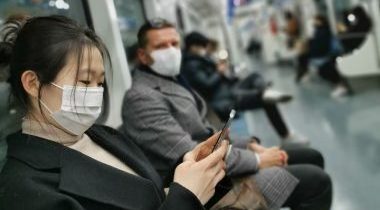
Restoring trust in public transport: The way forward
As a result of the COVID-19 pandemic, the transport sector has experienced some of the most severe social and economic impacts. Public transport is keeping cities moving through the crisis, getting essential workers to their jobs and supporting essential services. However, this is high risk work for drivers and operators even as they step up use of personal protective equipment and hygiene measures. And the sector overall has seen a significant decrease in ridership, revenue and passenger trust.
by Tsu-Jui Cheng, on behalf of Gino Van Begin, ICLEI Secretary General
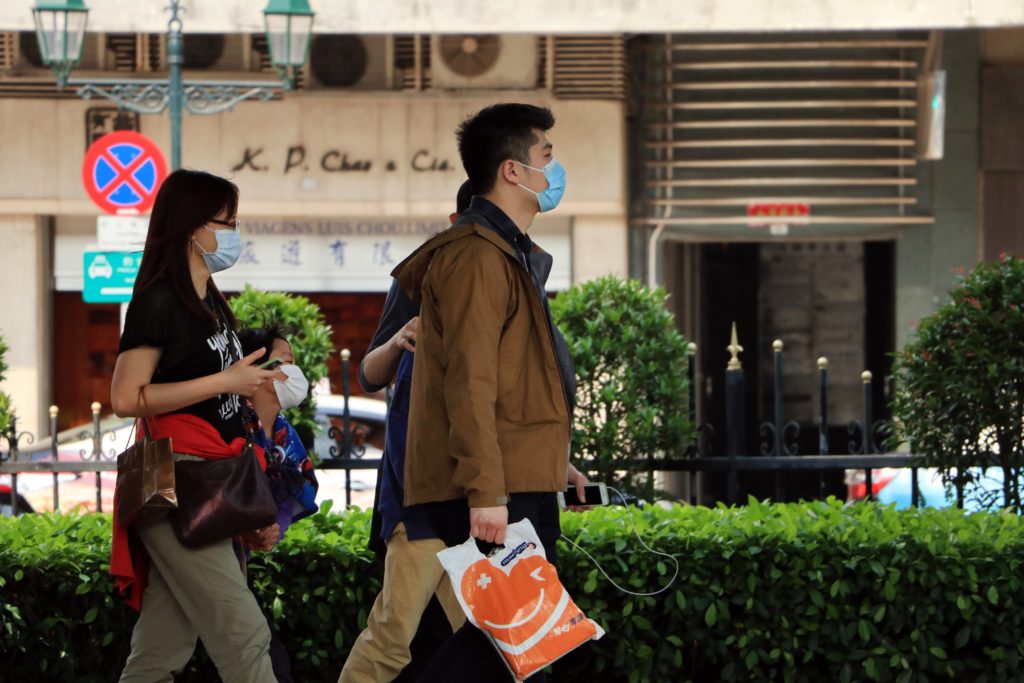
Stepping ahead from COVID-19: The footpath to recovery and transformation!
Imagine you’ve reached the peak of a mountain (or a local hill). We are enjoying the view, the blue skies, the fresh air, the quiet, the sense of what’s been achieved and a renewed sense of what’s possible. Lovely isn’t it! We now need to choose the right path and navigate the descent with care and attention. We know it is often harder to come down than it is to climb up.
by Bronwen Thornton, SLOCAT Board Chair and Walk21 CEO
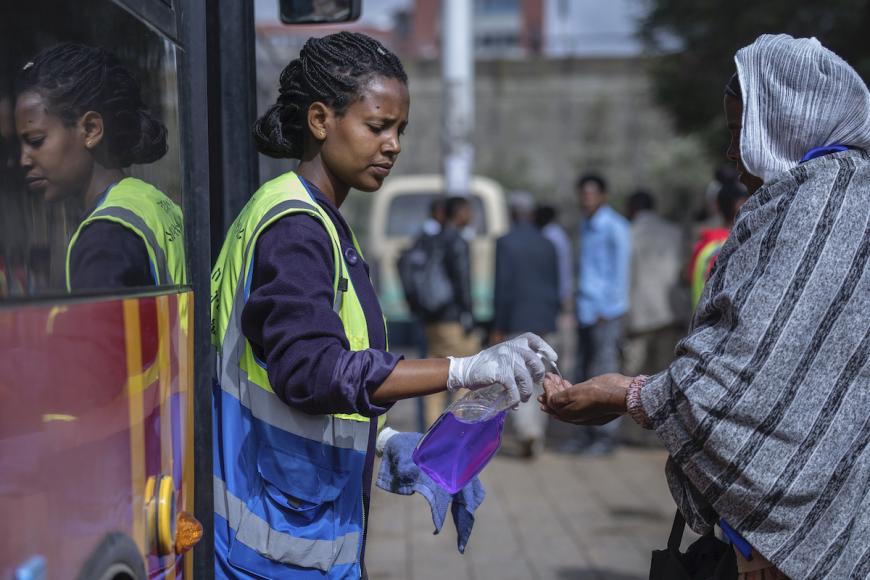
How can Ethiopian cities bounce back from COVID-19 with active mobility at the forefront?
Pedestrianised streets, pop-up cycling lanes and non-motorised transport infrastructure have been critical elements of cities’ pandemic recovery strategies. But in Ethiopian cities, where walking and cycling are dominant modes of urban movement, this shift has not yet happened.
by Seble Samuel and Iman Abubaker
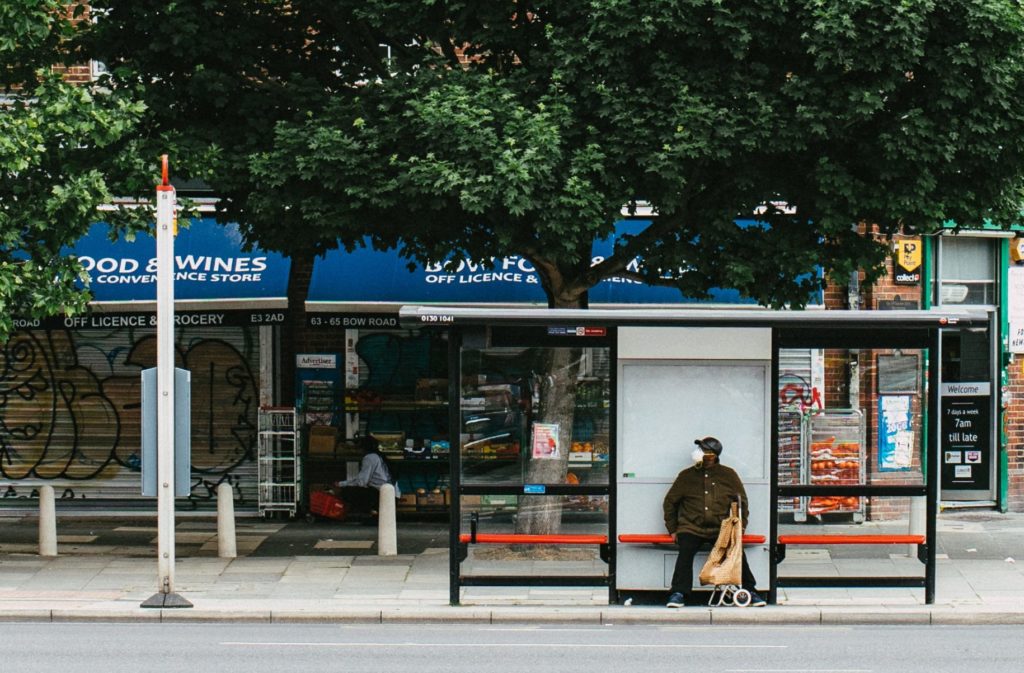
Moving forward with sustainable mobility in the post-COVID world
Writing a blog for the commute is an interesting challenge during a global pandemic, when the concept of the commute has undergone such massive change. For myself, getting to work used to involve a walk, a bus, a train and then another walk, with plenty of time to read a lengthy article on the way. Now I simply stumble from my bed to my home office – very much a shorter journey!
by Sheila Watson, Deputy Director, FIA Foundation
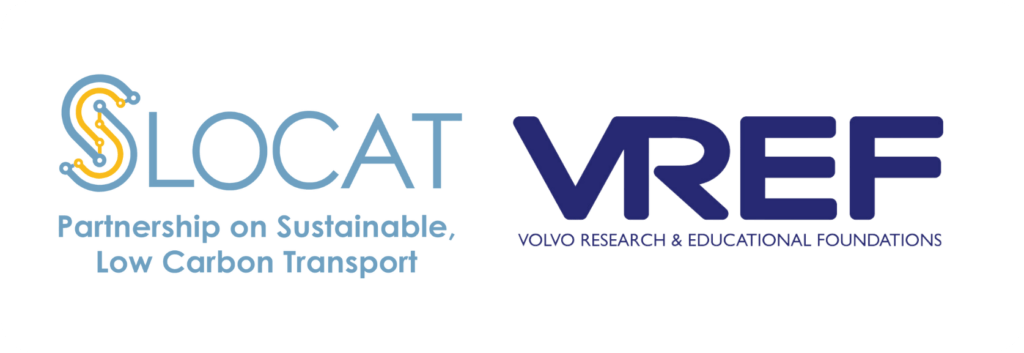
COVID-19 and Transport: An exchange between two generations of Young Leaders in Sustainable Transport
Two generations of SLOCAT-VREF Young Leaders in Sustainable Transport come together to discuss the ongoing challenges and impacts of the COVID-19 pandemic on transport and mobility. Each Young Leader zooms in on the solutions to the crisis on which they are working, and their expectations for the future of mobility after the pandemic subsides.
Facilitated by Chris Dekki, Policy Advocacy Strategy & Engagement, SLOCAT Partnership Secretariat and Nikola Medimorec, Data & Research Analysis, SLOCAT Partnership Secretariat
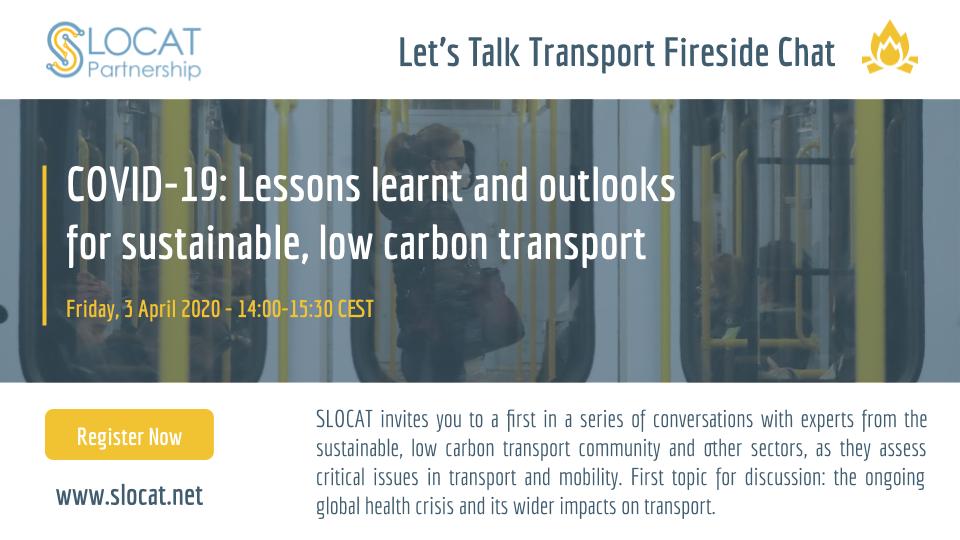
COVID-19: Lessons learnt and outlooks for sustainable, low carbon transport
This global health crisis is a game changer, shining a light on the inextricably linked social, economic, and environmental matters our societies must crucially address, as well as on our poor emergency management and preparedness. Against this backdrop, the sustainable, low carbon transport community must capitalise on the nerve struck by this emergency and evolve our narratives, advocacy efforts, and interaction with other communities in the interest of integrated approaches.



